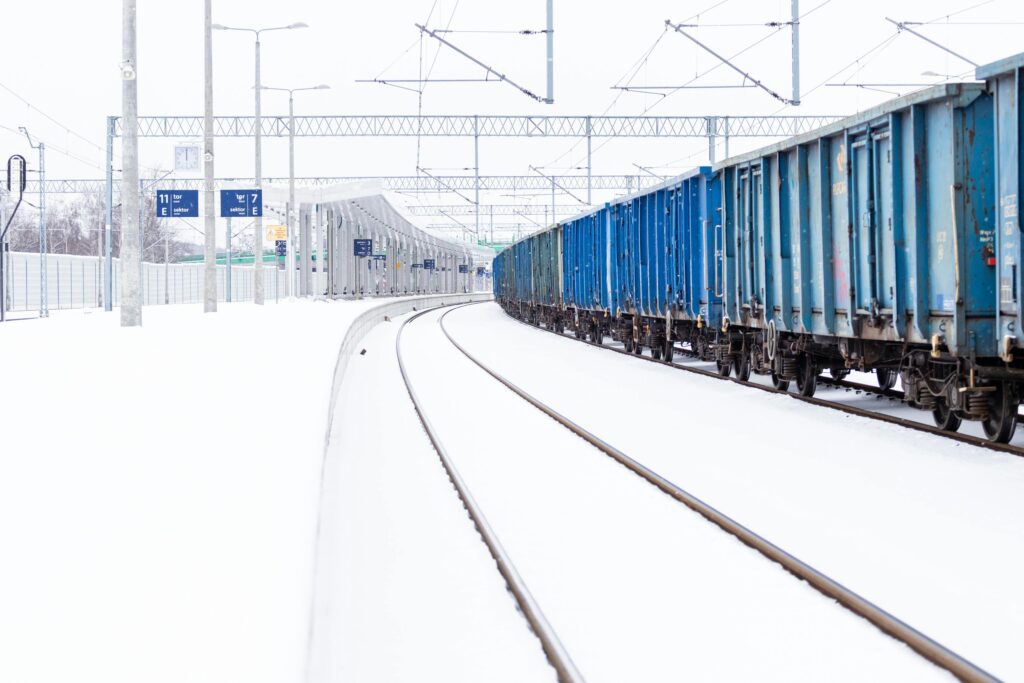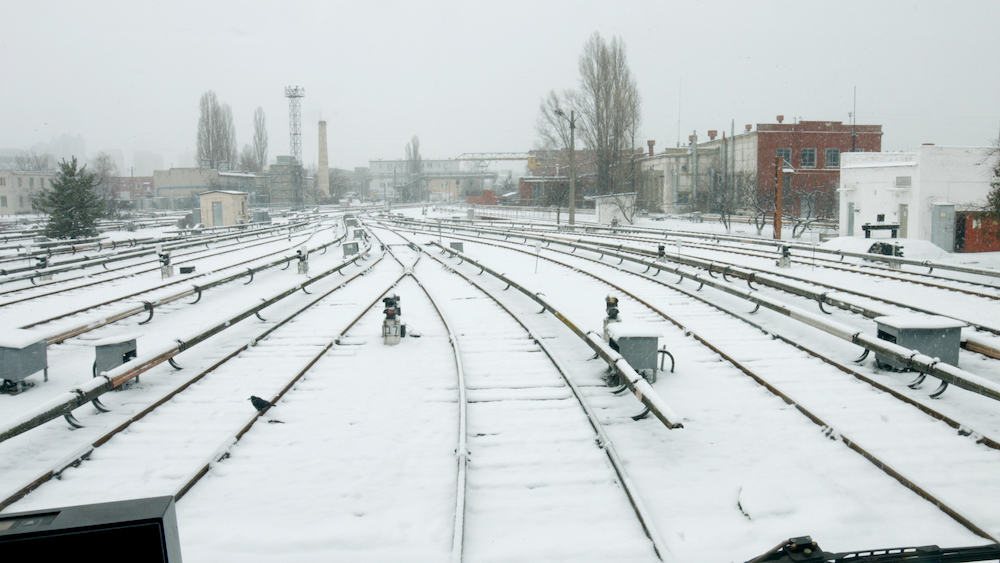Winter poses challenges to intermodal freight shipping that businesses must address to ensure timely delivery and protect their products. From snow and ice to unpredictable weather patterns, winter months call for more preparation and adaptations to ensure successful transportation.
This blog post will provide valuable tips and tricks to help small businesses prepare for intermodal freight shipping during the winter season.
Necessary Steps for Successful Intermodal Freight Shipping in Winter

Plan Ahead and Monitor the Weather
One of the most important things businesses can do to prepare for intermodal freight shipping during winter is to stay informed and create a contingency plan. Keep track of the weather forecast and monitor potential storm patterns that may affect shipping schedules. Work with your carrier to develop an emergency plan in case weather conditions prohibit shipment.
Anticipate Delays
During winter, it’s typical for shipments to get delayed due to weather conditions, road closures, and other unforeseen circumstances so it’s crucial to include a buffer of a day or two in your delivery timeline. Preparing for delays will ensure you can still meet your delivery commitments even if you encounter unforeseen challenges.
Use Appropriate Winter Equipment
As a small business, it is essential that you use appropriate equipment that is optimized for the winter season. Ensure that vehicles are equipped with the right tires and chains to handle slippery roads and reduce the risk of accidents. Inspect your equipment regularly to ensure that everything is working correctly so that it does not take you by surprise during the middle of winter.
Check Your Equipment
Make sure that your equipment, such as trailers and refrigeration units, are in good condition before winter arrives. Do regular checks and maintenance to ensure that your equipment operates efficiently during cold temperatures. You must also make sure that your trucks have the right tires to navigate icy and snowy roads safely.
Proper Loading and Packaging
In severe cold or extreme weather, proper loading and packaging of the goods play a significant role in ensuring the safety and protection of your goods. Use proper packaging material, palletizing, and wrapping to avoid damages due to temperature changes and harsh weather. Consider added insulation and thermal protection specific to winter weather, and maintain appropriate temperatures to avoid any losses.
Track Your Shipments
Tracking your shipments provides you with realistic and accurate information on the status of your deliveries. As a result, you’ll be able to respond proactively to any unforeseen challenges that you may encounter during transportation. Tracking your shipments also gives you peace of mind, knowing where your products are and when they will arrive.
Communication is Key
Communication with your carriers or providers is critical during winter when there is a higher degree of unpredictability in the transport schedule. Keep your provider updated about your shipping schedule, and be sure that you have open lines of contact to keep updated on any interruptions that may occur. It is also imperative to provide clear instructions to your carriers regarding pick-up and delivery dates, times, and procedures.
Invest in Insurance Coverage and Risk Management
Despite the best efforts of businesses to protect their goods during winter shipping, incidents such as unforeseeable weather conditions or accidents can still occur. Small businesses should prepare for unforeseen circumstances by investing in intermodal insurance coverage and proper risk management. Review your insurance policies with your broker to understand the exact coverage offered and plan accordingly for any potential losses that could occur.
Intermodal freight shipping during winter requires adequate planning and preparation to ensure timely delivery and customer satisfaction.
To protect your products, it is necessary to use appropriate equipment, monitor changes in the weather, and maintain open communication with your provider.
Proper loading, packaging, and insurance coverage are also essential steps that all small businesses should consider when preparing for winter intermodal freight shipping. By following these tips, you’ll be well-equipped to handle any challenges that arise during the Canadian winter season.






